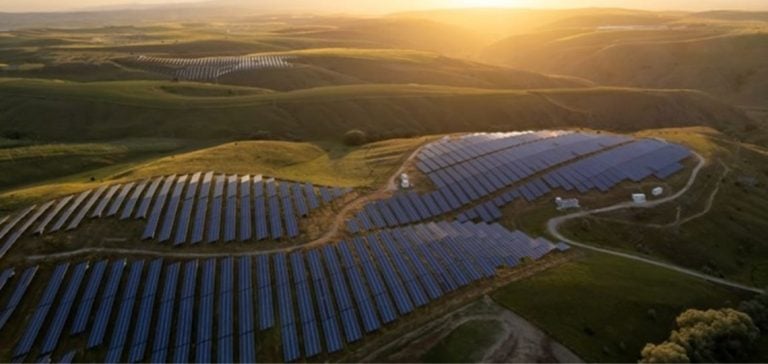Elawan Energy, part of the ORIX Group, has agreed to supply Google with renewable energy under a Power Purchase Agreement (PPA) for energy generated by a 37 MWdc solar project.
This project, located in a strategic region, represents a significant step forward in the energy transition, responding to growing corporate demand for clean energy.
The PPA, which was facilitated by LEAP™ (LevelTen Energy’s Accelerated Process), aims to make the process of sourcing and executing renewable energy contracts more efficient, while supporting Google’s ambitious goal of achieving a 100% decarbonized energy supply on every grid where the company operates by 2030.
A strategic project for Elawan Energy
The solar project is part of Elawan’s expansion strategy in North America, reinforcing its commitment to providing sustainable energy solutions.
With a current operational capacity of 1.8 GW of renewable energy projects and around 8 GW under development, Elawan is positioned as a key player in the sector.
The company stands out for its ability to identify early opportunities and leverage its expertise in development, design, procurement, structuring and execution to maximize value and deliver improved returns.
Implementation of this solar project is already at an advanced stage, with commercial operations scheduled for 2026.
This development comes as Elawan and ORIX look to strengthen their footprint in North America, where they currently manage an operational portfolio of over 300 MW in the ERCOT, SPP and PJM regions.
The presence of experienced local development teams, notably in Houston, Texas, testifies to their commitment to integrating into the local economic fabric while meeting the growing need for renewable energy.
Commitment to sustainability and decarbonization
As part of its goal to achieve carbon neutrality by 2050, ORIX is committed to expanding its renewable energy business on a global scale.
The company is leveraging its experience and expertise to contribute to a more sustainable world, while meeting the growing demand for renewable energy from corporate, industrial and domestic consumers.
This initiative is part of a wider trend where companies are looking to reduce their carbon footprint and adopt more sustainable practices.
“Our partnership with Google illustrates our commitment to providing sustainable energy solutions and meeting the growing needs of the market,” says an Elawan Energy representative.
This collaboration underscores the importance of power purchase agreements in the transition to a decarbonized economy.
The importance of such projects cannot be underestimated in the current context of energy transition.
Companies, especially large ones like Google, play a crucial role in promoting renewable energy.
By committing to long-term contracts for renewable energy, they not only support the development of new infrastructure, but also send a strong signal to the market about the economic viability of clean energy.
Outlook for the renewable energy sector
The development of projects like Elawan Energy’s is essential to achieving global decarbonization targets.
As governments and businesses strive to meet increasingly stringent climate commitments, demand for sustainable energy solutions continues to grow.
Companies that invest in renewable energy projects not only position themselves as leaders in the fight against climate change, they also benefit from greater resilience in the face of energy market fluctuations.
All in all, the agreement between Elawan Energy and Google represents a significant step forward in the renewable energy sector, illustrating how companies can work together to achieve shared sustainability goals.
This type of partnership is essential to catalyze the necessary change in the global energy landscape, while meeting the growing expectations of consumers and investors for environmental responsibility.






















